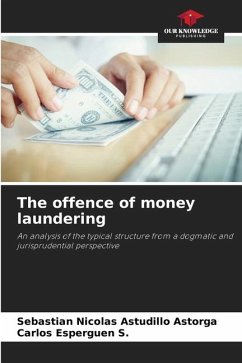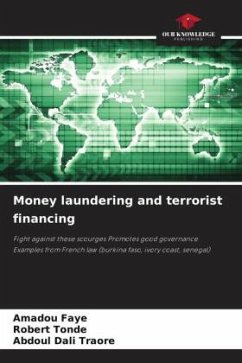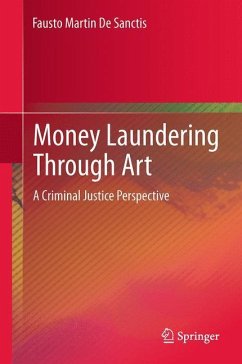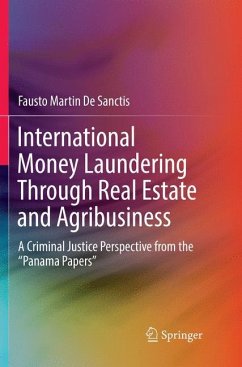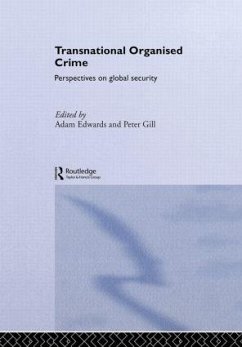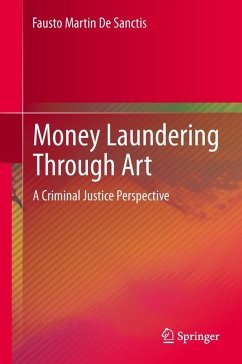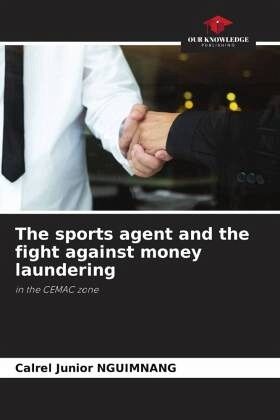
The sports agent and the fight against money laundering
in the CEMAC zone
Versandkostenfrei!
Versandfertig in 6-10 Tagen
40,99 €
inkl. MwSt.

PAYBACK Punkte
20 °P sammeln!
Money laundering has taken on unprecedented proportions in the CEMAC zone over the last twenty years. It represents a real danger for the economy and the sovereignty of States with regard to transnational activities. This was the determining context for the commitment to fight this scourge by the CEMAC Heads of State in 2000. The last reform of 2016 is marked by the enlargement of the scope of action and the field of application of the fight with the inclusion of the sports agent in the list of those subject to the obligations. Indeed, sports agents, who present a threat in terms of vulnerabil...
Money laundering has taken on unprecedented proportions in the CEMAC zone over the last twenty years. It represents a real danger for the economy and the sovereignty of States with regard to transnational activities. This was the determining context for the commitment to fight this scourge by the CEMAC Heads of State in 2000. The last reform of 2016 is marked by the enlargement of the scope of action and the field of application of the fight with the inclusion of the sports agent in the list of those subject to the obligations. Indeed, sports agents, who present a threat in terms of vulnerabilities to money laundering, have been subject to financial vigilance and suspicious transaction reporting obligations since 2016 in the CEMAC. Today, the situation is less positive; beyond the insufficient participation of sports agents in the fight against money laundering, no technical and institutional support measures have been implemented to help them become more involved. The effectiveness and efficiency of the fight against money laundering is compromised by the coexistence of ethics and deontology.




